Temtem proves that Pokémon is a genre now
A look at the new creature collecting MMO.
Temtem reminds me of being eight years old and playing Pokémon Yellow for the first time. I already knew a lot about Pokémon, like the various evolution trees, but when it came to the mechanics of the game, namely managing the stats for each of my chosen creatures, I was a novice. I learned by catching one of every Pokémon I encountered and, in turn, taking them into battle, until I had the type chart permanently ingrained in my brain. My love for the Pokémon franchise was born out of the excitement of purely not knowing what I was doing - and of how rewarding it felt when I had built a party strong enough to defeat the Elite Four.
Years of playing Pokémon has slowly dissolved that feeling to the point that I've had to ban myself from using particular Pokémon, because I know them too well (sorry Lapras.) Playing Temtem, a new PC game with some very familiar ideas, for the first time this week allowed me to embrace that feeling of unknowing once again. I experimented with a range of Temtem, beginning what I hope will be a balanced team, and explored every area carefully to ensure that I didn't miss anything important. As I played, however, I couldn't stop thinking about how similar this game is to the mainline Pokémon series.
Temtem is never going to escape being compared to Pokémon, because it is, in many ways, a clone of a Pokémon game. From the opening minutes, in which you leave your hometown to begin a grand adventure, to testing the abilities of your Temtems at the first dojo, it's very clear where the developers drew their inspiration from. You even have a rival who appears every so often to insult you. The fact is that Pokémon is no longer part of a genre about collecting and training magical beasts. It has, instead, become its own genre. Temtem can easily be described as a clone, but it's also currently carving out its own place within this genre. It's introducing its own ideas, while bringing a fresh perspective to the staples created by the Pokémon franchise.
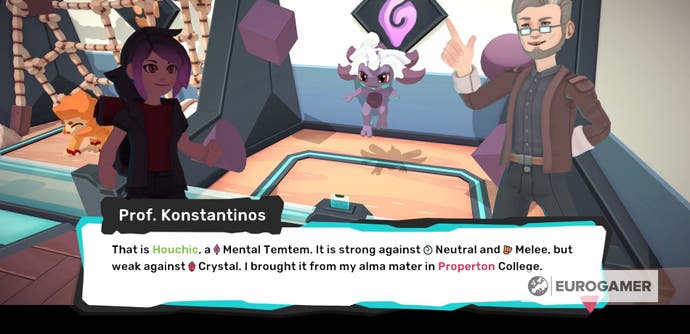
The first major change to the template is how Temtem handles it's storyline. Unlike Pokémon Sword and Shield, where you often feel like a side character in the overall plot, Temtem makes you an active participant, tasking you with hunting down characters and assisting others in solving problems. Before you even face the challenge of the first dojo, you'll find yourself learning about the nefarious forces at work in the world of Archipelago. This world is further fleshed out by the miniquest system, which encourages you to interact with the people living in each town and to explore the locations you visit.
There are also a range of little touches that give the game an added layer of polish. This includes, most notably, the decision to change 'Gender' to 'Body Type' in character creation and giving players the ability to pick their pronouns, including the option for 'They / Them.' It's changes like these that ensure everyone feels included in both the game and community.
The battle system is another way in which the developers demonstrate their desire to differentiate the game from the Pokémon franchise. So far, it's the best part of Temtem. On the surface, Temtem's battle system is fundamentally the same as a traditional Pokémon fight: each player can have up to six Temtem, you battle until one of you has run out of Temtem, and you can use a variety of items to heal your creatures. Temtem alters this formula by allowing you to always send two Temtem out onto the field, and through the inclusion of the stamina bar.
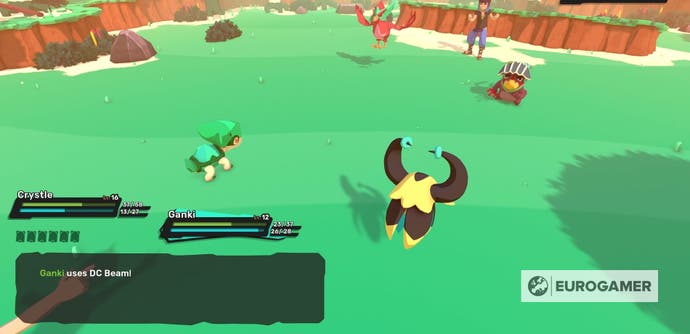
Every move a Temtem can learn costs a certain amount of stamina and, if you make them use a move that they don't have enough stamina for, they will take damage. Your Temtem regains a small amount of stamina at the beginning of every move and even more if you allow them to rest for a turn. This adds an extra layer of tactics to every battle, as you have to carefully decide which moves to use and when, in order to ensure you never waste a turn.
Battles in Temtem, when the servers are running well, are also very quick; there is no noticeable pause after ending your turn or in-between Temtem attack. The result is that you never find yourself dreading a tamer battle or wild encounter, because neither activity makes you feel like the game has come to a dead stop. There is, instead, a feeling of fluidity that helps encourage you to seek out more random encounters.
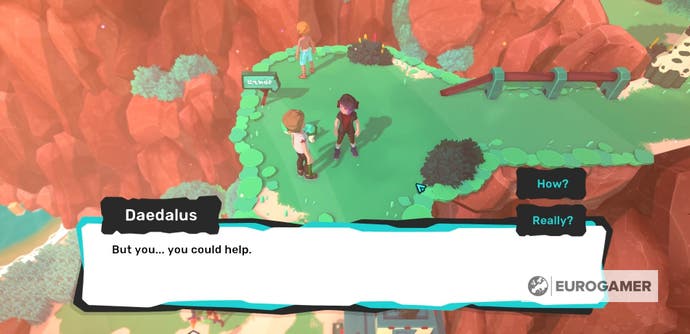
The greatest departure from Temtem's Pokémon roots, however, is the decision to make the game an MMO. Due to being in early access, only the basic multiplayer features are currently available, including the ability to trade, battle and complete the released campaign sections in co-op mode. These features will be expanded upon the game's full release to include activities like clubs, which will be the Temtem verison of clans.
Still, even with the reduced multiplayer features, there is a strong feeling of companionship towards your fellow Temtem players. Throughout your journey in Archipelago, you'll encounter players who are experiencing parts of the campaign that you've already completely, battling tamers you've already defeated or maybe looking for a particular Temtem. By removing the idea of the lone monster battling the world, Temtem has set the foundations for what could potentially become a highly popular MMO.
It should be noted that, since Temtem's still in early access, you shouldn't be surprised if you encounter a glitch, lag or find yourself queuing for a space on the server. What I can say, however, is that calling Temtem, even in its early access state, a Pokémon clone is unfair, thanks to the amount of innovation and love that clearly been put into it. It's fairer to call Temtem a member of the Pokémon genre, which has successfully evolved the basic principles of its inspiration to create a game that has a promising future.
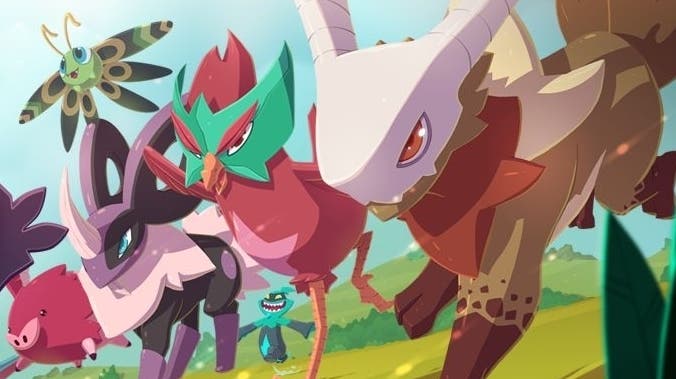


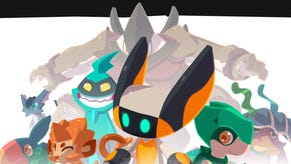
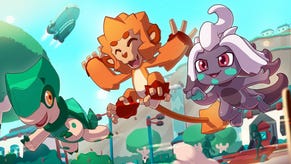
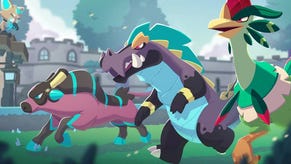
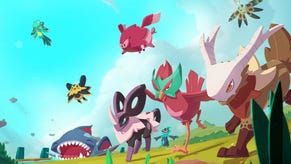
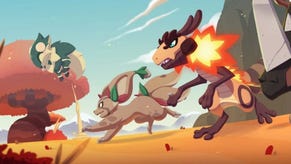

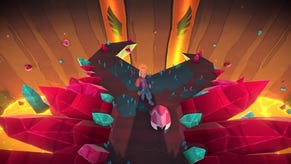

.png?width=291&height=164&fit=crop&quality=80&format=jpg&auto=webp)




.jpg?width=291&height=164&fit=crop&quality=80&format=jpg&auto=webp)
